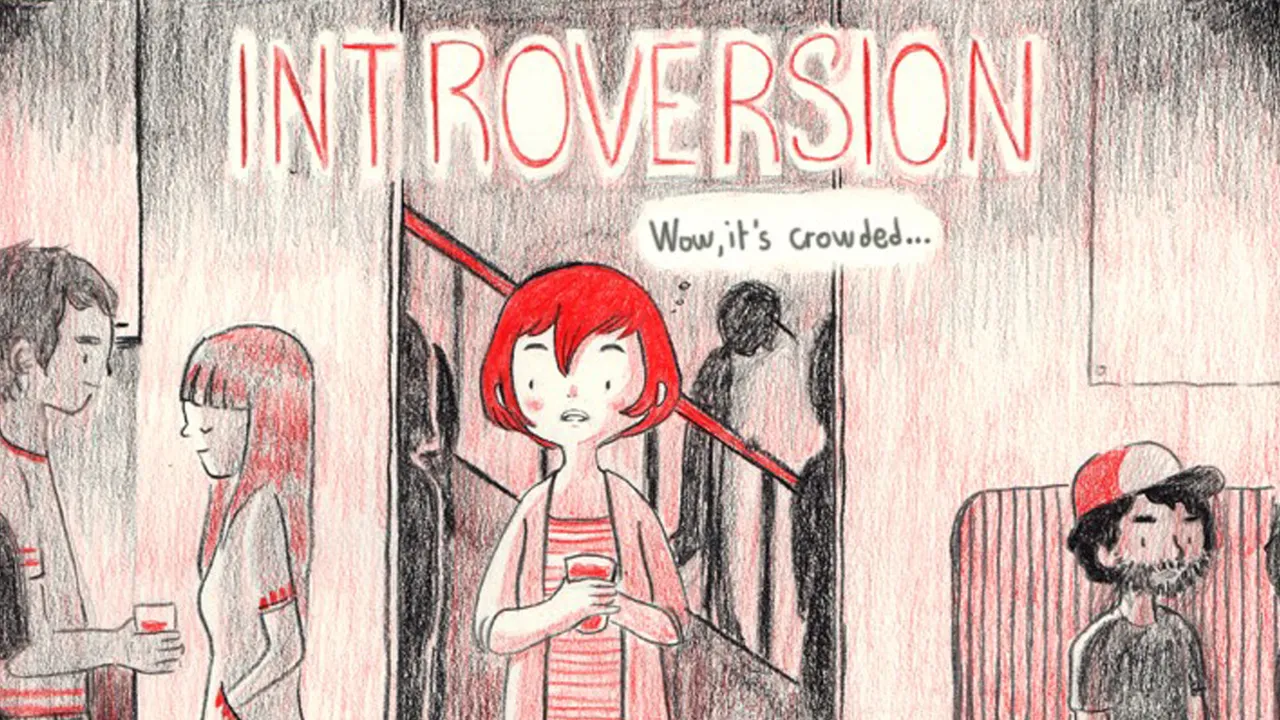Introversion is a personality trait characterized by a focus on internal thoughts, feelings, and emotions, rather than external stimuli. While introversion is often seen as a negative trait, it can actually be a valuable quality that allows individuals to think deeply and process information in a unique way. Here is an overview of the process of introversion and how it can impact an individual's behavior and decision-making.

PIC
The process of introversion begins with the individual's perception of their environment. Introverts are more likely to focus on their internal thoughts and feelings, rather than external stimuli such as other people or external events. This can lead them to be more reflective and introspective than their extroverted counterparts.
As a result of this inward focus, introverts may have a more difficult time processing and responding to external stimuli. They may need more time to think through a decision or response, and may appear to be slower or less responsive than extroverts in certain situations.
One of the key characteristics of introversion is a preference for solitude and quiet environments. Introverts may feel overwhelmed and drained by large groups of people or loud, chaotic environments. They may need to spend time alone to recharge and regain their energy.

PIC
In contrast, extroverts are more energized by social interactions and may feel bored or restless in solitude. They are more likely to seek out new experiences and take risks, while introverts may prefer to stick to familiar routines and avoid taking risks.
The process of introversion can also impact an individual's communication style. Introverts may be more reserved and thoughtful in their communication, taking time to carefully consider their words before speaking. They may also prefer written communication, such as email or text, over verbal communication.
Extroverts, on the other hand, are more likely to speak quickly and confidently, without pausing to think through their words. They may also be more comfortable with verbal communication, such as public speaking or group discussions.
Introversion is not a fixed trait, and individuals may exhibit different levels of introversion depending on the situation. For example, an introvert may feel comfortable and energized in a small group of close friends, but may become drained and overwhelmed in a large, noisy party.
It's important to remember that introversion is not a deficiency or weakness. It's simply a different way of perceiving and responding to the world. Introverts can bring valuable insights and perspectives to decision-making and problem-solving, and can excel in careers that require solitude and deep thought.

PIC
In conclusion, the process of introversion is characterized by a focus on internal thoughts and feelings, a preference for solitude and quiet environments, and a slower, more reflective decision-making style. While introversion is often misunderstood, it can be a valuable trait that allows individuals to think deeply and process information in a unique way.